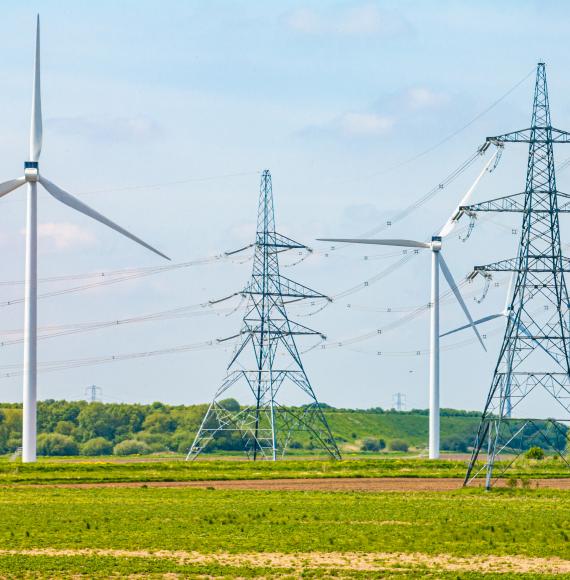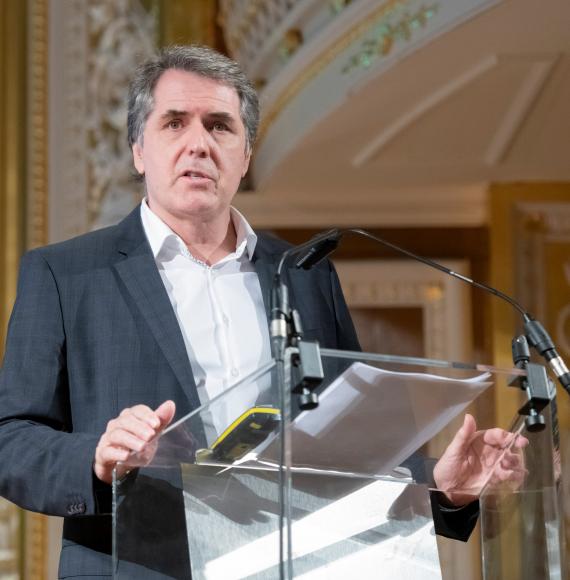A report released today (Sept 7) has shown that by utilising already existing digital technology, the UK could reduce its carbon emissions by 7.3m tonnes.
The report shows that by making better use of existing technologies, the UK will be in a far better position to reach its target of being carbon neutral by 2050.
As well as reducing carbon emissions by 15% of the target that has been set by 2030, there could also be a £13.7bn GVA by allowing other sectors to become more efficient, flexible and automated.
Several things were set out in the report, backed by case studies, including smart energy, smart mobility and smart housing.
Smart mobility could use technology in order to ease traffic by monitoring congestion, by increasing the uptake of automated cars and automating train controls to make them more efficient.
Julian David, CEO of TechUK, said:
“The case is becoming clear that digital technologies can cut the cost of decarbonisation and that the UK is particularly well positioned to exploit these opportunities. Yet sometimes even proven innovations struggle to reach scale in the marketplace because of missing competencies, poor understanding of the market, lack of access to data or regulatory barriers.”
The report also sets out how artificial intelligence can be used to simulate how climate can be affected by changing certain variables.
The report explains a digital twin as:
“Digital twins are dynamic virtual representations of physical objects or systems that use real-world data, simulation, or machine learning, combined with data analysis, to enable understanding, learning and reasoning.”



















